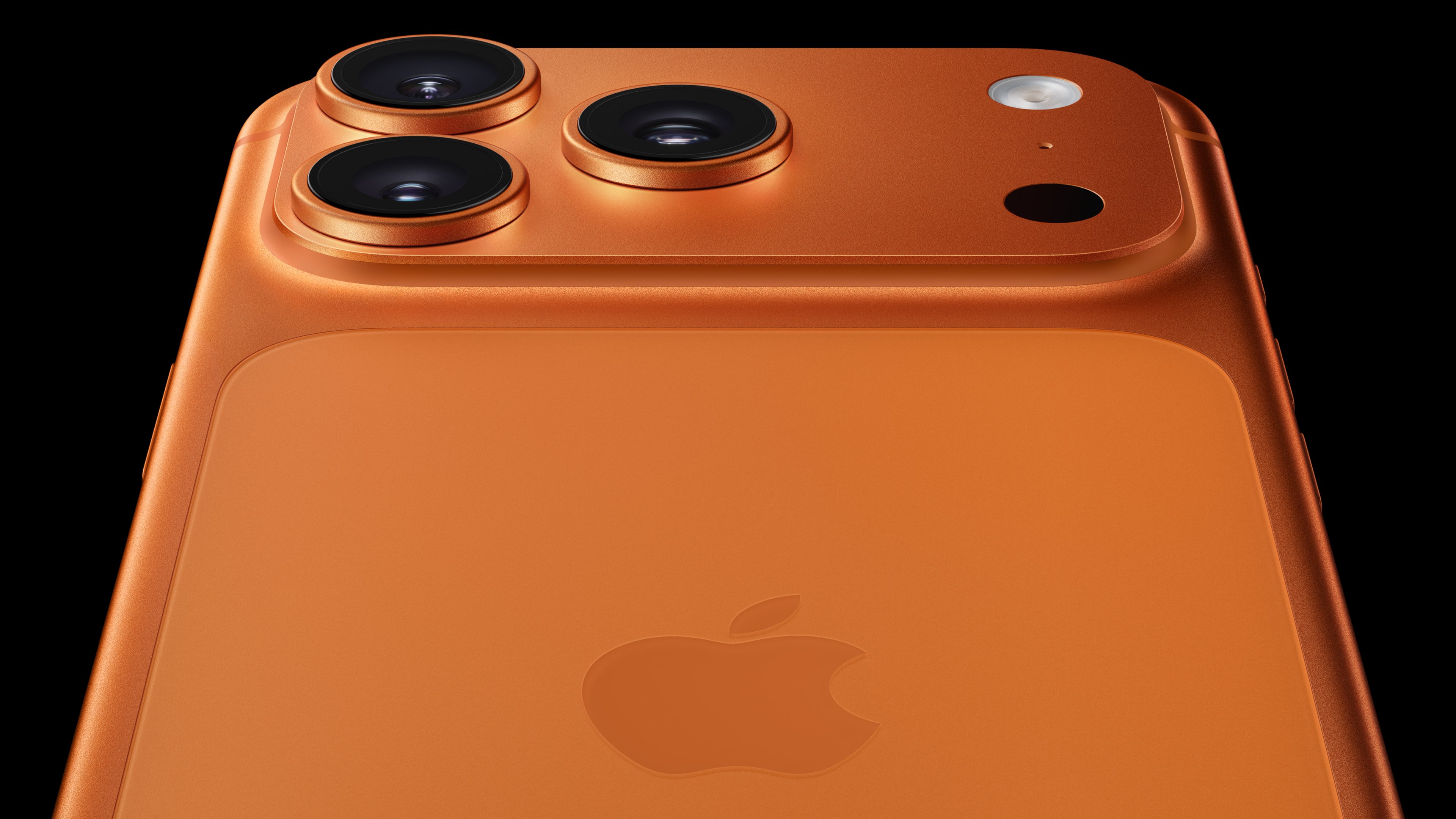Last year, Apple (AAPL +0.09%) ranked as the top smartphone vendor in Japan by Counterpoint Research. That was an impressive feat considering Japanese consumer preferences for local brands. That's changed since though, as Sony (SNE +0.15%) has doubled its market share in the past month to gobble up 36% of the market, according to Bloomberg, citing data from researcher BCN.
Sony's big win is directly attributable to a big marketing push by the largest Japanese wireless carrier, NTT DoCoMo (NYSE: DCM), which doesn't offer the iPhone. Smaller rivals SoftBank and KDDI have been chipping away at NTT DoCoMo's subscriber base, thanks in part to carrying Apple's device, so NTT DoCoMo is doing something about it.
The top carrier, which now has 61.6 million subscribers, is putting hefty marketing weight and promotions behind just two specific smartphones, the Samsung Galaxy S4 and Sony Xperia A. This is the first time that NTT DoCoMo has focused so heavily on such a small number of devices, in part to reduce costs.
Sony's gains have come at the expense of Apple and Samsung, whose Japanese market shares have fallen to 25% and 13%, respectively. Sharp's slice has also declined to 7.9%.
In the global smartphone market, Sony doesn't typically come to mind as a powerhouse, although the Japanese icon did manage to show up within the top five vendors in the fourth quarter for the first time ever, with 4.5% of the broader market. Sony dropped off the top five the very next quarter.
The news shows how important carrier partners are to Apple. NTT DoCoMo has already expressed interest in carrying the iPhone, after seeing its smaller rivals post enviable subscriber gains. Apple's stringent carrier requirements, which include minimum purchase obligations and other commitments, are seen as a key hurdle to inking more carrier partnerships.
NTT DoCoMo counts nearly half of Japan's population as subscribers. If Apple were to just loosen up a little bit, it could dramatically grow its addressable market by adding major carriers like NTT DoCoMo and China Mobile. Until then, NTT DoCoMo will keep rooting against the iPhone.






